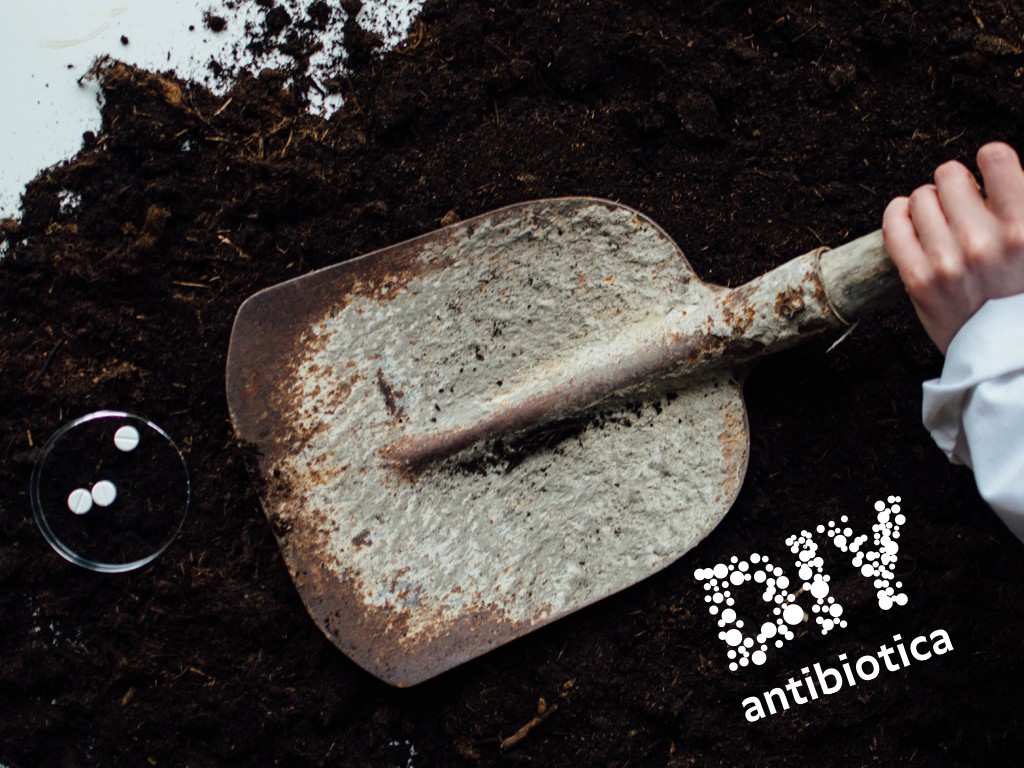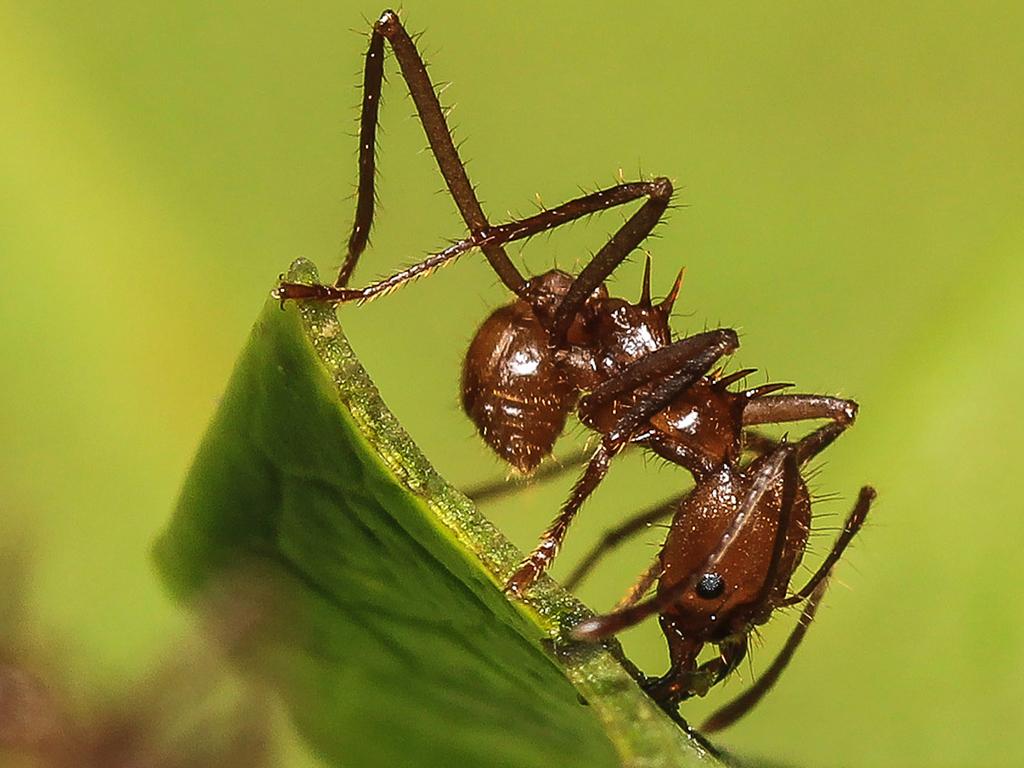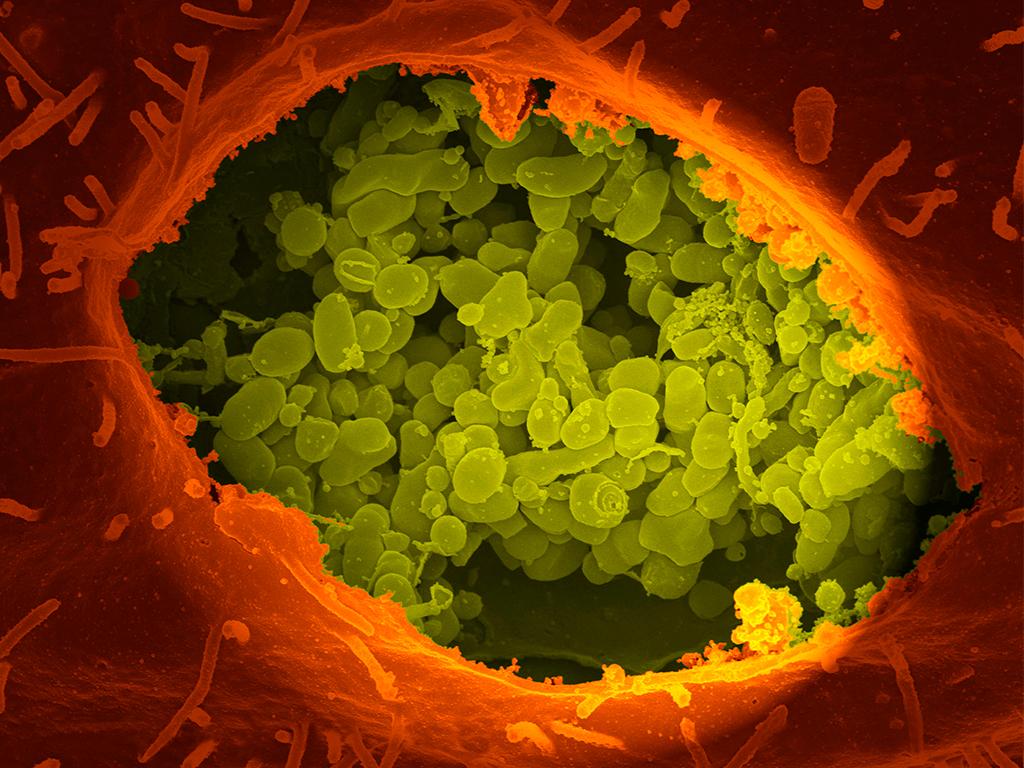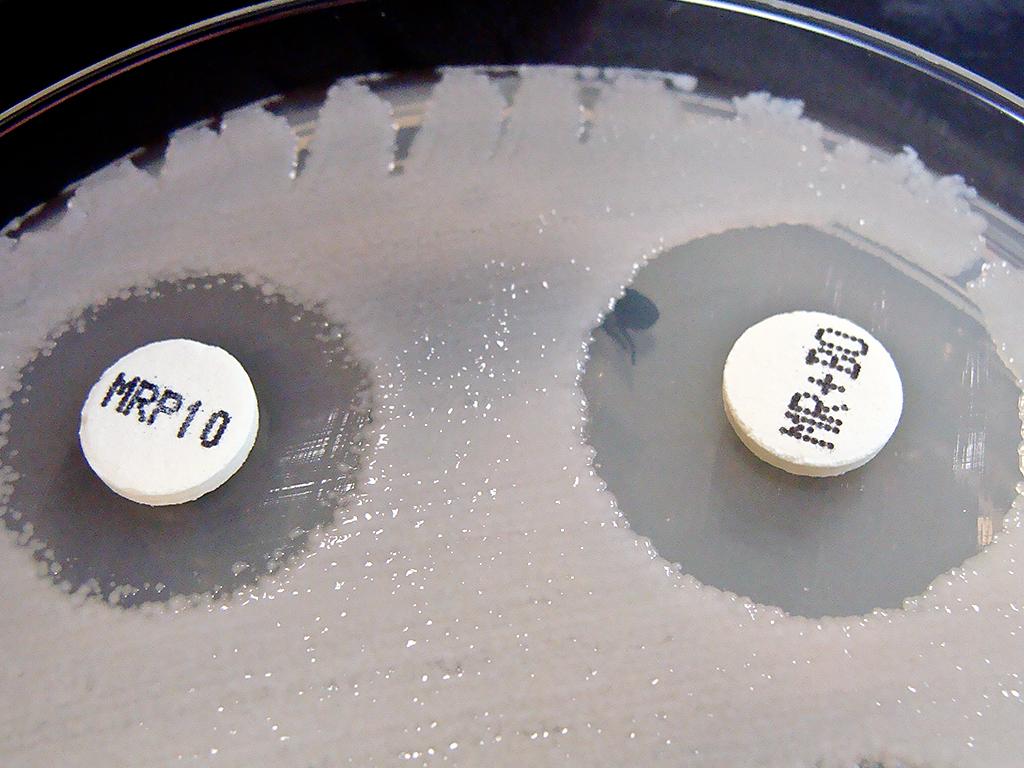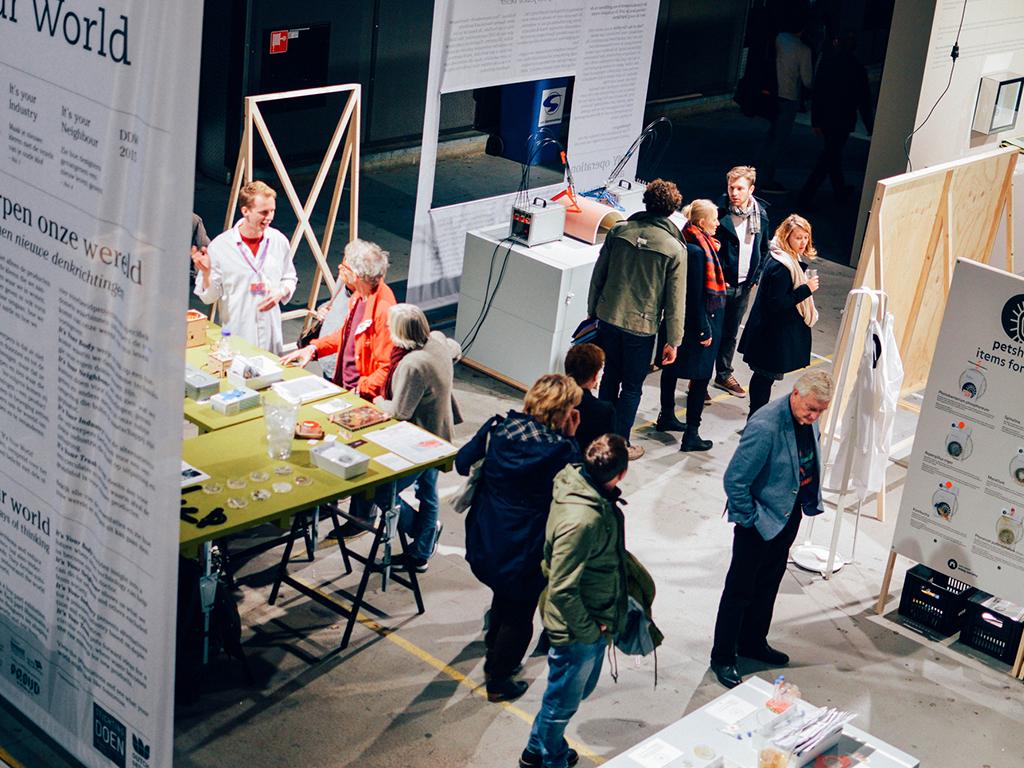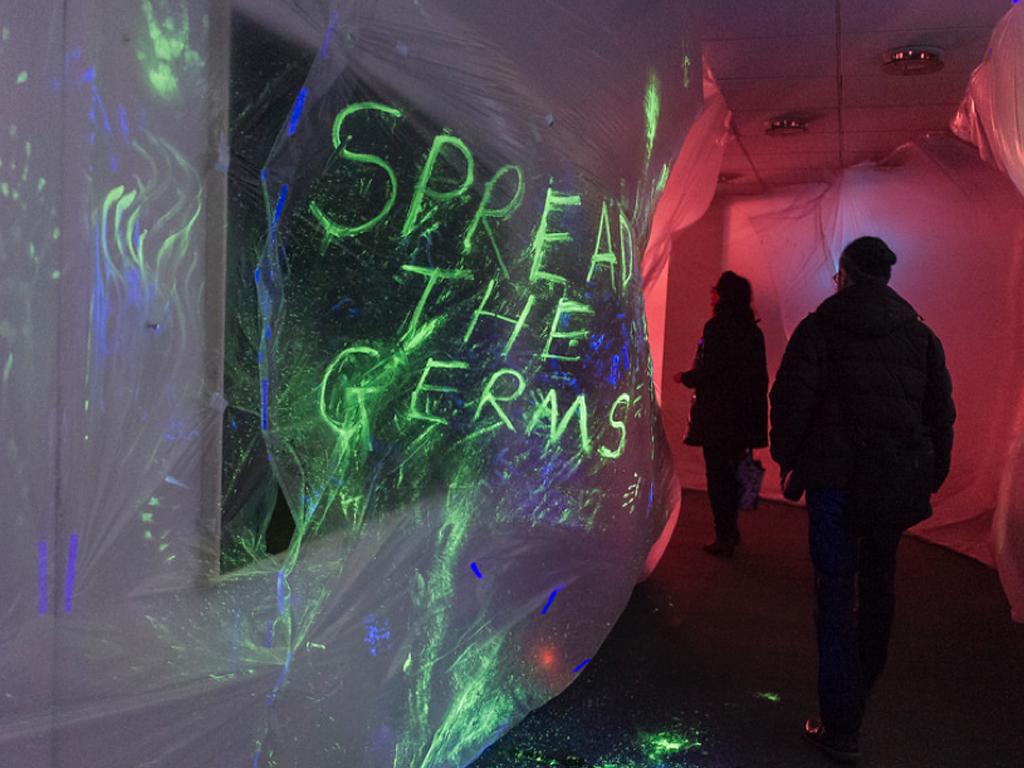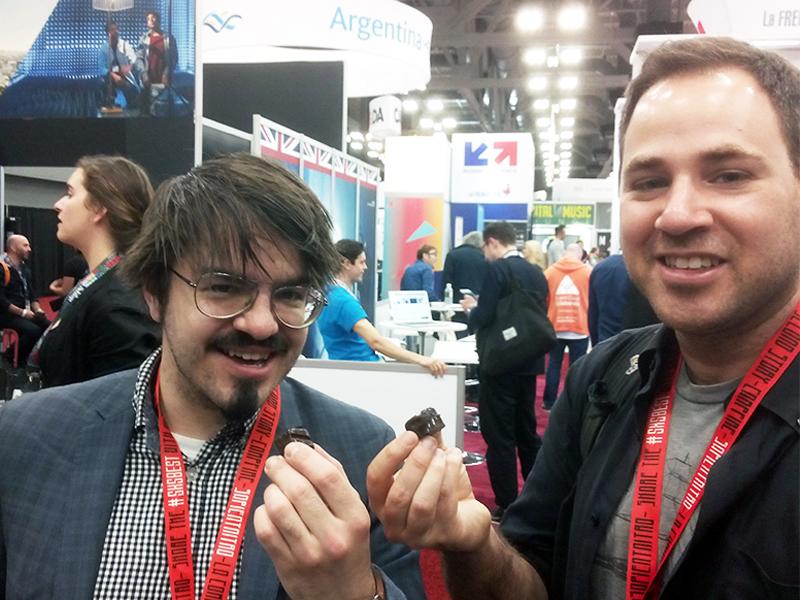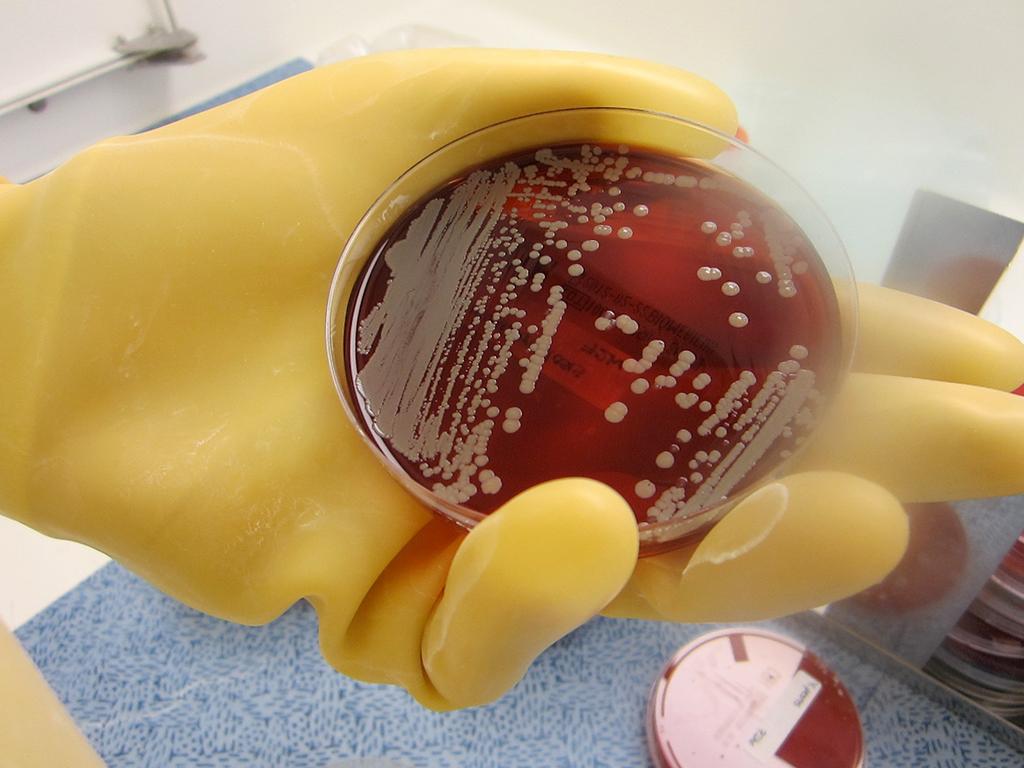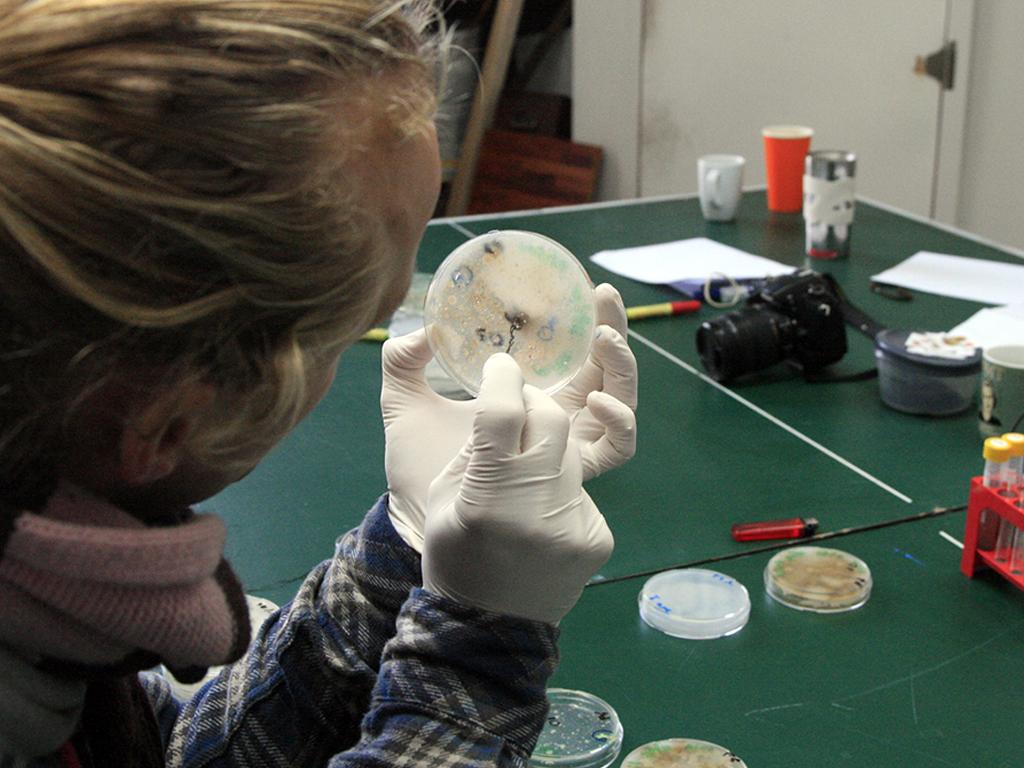The European Centre for Disease Prevention and Control estimates that antimicrobial resistance (AMR) results each year in 25,000 deaths and related costs of over € 1,5 billion in healthcare expenses and productivity losses. Globally multiresistant Tuberculosis causes 450,000 new infections annualy, common antimicrobials against urinary tract infections became ineffective and last resort treatments have been confirmed ineffective against Gonorrhoea in many countries.
Meanwhile the antibiotic development pipelines of pharma companies have dried out. Newly market approved antimicrobials have dropped from 16 in 1985 to 0 since 2010. WHO warns that the current antimicrobia crisis could bring "the end of modern medicine as we know it".
Antimicrobial resistance is much more a social than a technical challenge. It is a direct result of our increasingly urbanized society, fed by large scale animal farming, equiped with centralized waste water treatment, and abuse of prescription drugs.
DIY Antibiotics is an ongoing project in a collective of Do It Yourself Biotechnologists (DIYBio) aiming to solve this tragedy of the commons, aka "BioStrike". At festivals, community labs, schools and universities popup events were held. A collaborative online tool, a "Community Starter Kit" and a workshop format are in development to synergize efforts. This toolkit is about empowering citizens to take action and develop new antimicrobials in this way. We want to achieve that by:
- Bringing together and extending a community of grassroots initiatives, academics, antimicrobial users and industry online;
- Empowering citizens with the tools to become not just data mining drones, but true participants;
- Working agile, prototype new methodologies and test quickly;
- Sharing knowledge, peer reviewing results and training online.
BioStrike
The project was initiated during a Lorentz workshop at Leiden University in 2012, in particular with the help of Denisa Kera and Petran Kockelkoren. Two weeks later the first BioStrike hands-on workshop took place at the Renew Festival in Copenhagen, conducted by Waag and BiologiGaragen. This one-week event resulted in an online community of engaged DIY Biologists, an open source methodology repository published under Creative Commons licenses and the first shared results.
Due to the success and exposure of this event the results were adopted and improved by DIYbio groups in Manchester, Berlin, Amsterdam, Helsinki, Bologna and Prague and outside of the EU in Tel Aviv, Singapore and Yogyakarta. The workshops had various approaches, such as artistic installations, popup labs, policy debates, design prototypes and university classes.
Ultimately, we envision to develop new antimicrobials that save lives and gains back the current loss in productivity.
This project is made possible by The Art of Impact program.
Meta data
Project duration
Links
Financiers
- The Art of Impact
